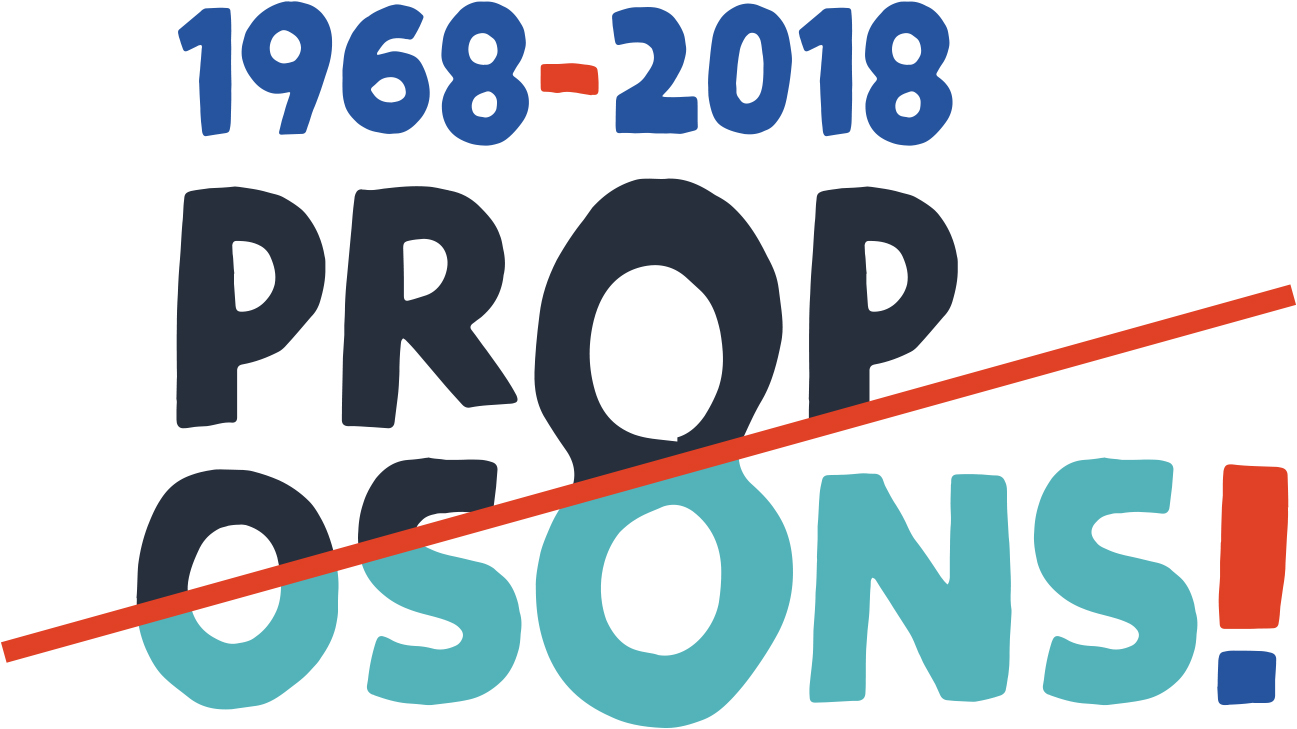Nouvelles Littératures
Responsables :
Christine Lorre-Johnston (Sorbonne Nouvelle)
Fiona McCann (Lille)
Atelier I
Jeudi 7, 15h30-18h30
Salle V503
Présidente de séance : Christine Lorre-Johnston (Sorbonne Nouvelle)
15h30
Sandeep Bakshi
Université du Havre
The Crisis of Postcolonial Modernity: Queer Adolescence in Shyam Selvadurai’s Funny Boy and P. Parivaraj’s Shiva and Arun
15h50
Marianne Hillion
Sorbonne Université
A Quiet Revolution: Writing the Indian City on a Minor Mode
16h10
Jaine Chemmachery
Université Paris Dauphine
Mutations of the ‘Mutiny Novel’: from Historical Fiction to Historical Metafiction (to Pseudo Historical Fiction)?
16h30
discussion
16h45
pause
17h
Faezeh Barghi Oliaee
Université Paris-Est Créteil
The Impact of the Anglo-Boer War on the Irish Literary Movement
17h20
Kerry-Jane Wallart
Sorbonne Université
Haiti’s ‘Black Jacobins’ as a Postcolonial Revolutionary Stage: Actualizing World Revolution in C.L.R. James’s Historical Play Toussaint Louverture
17h40
Léo Courbot
Université de Lille SHS
Infinite Revolutions; or, Fred D’Aguiar’s Imaginative Responses to Western Metaphysical Perceptions of Time
18h
discussion
Atelier II
Vendredi 8, 9h-10h30
Salle V503
Présidente de séance : Fiona McCann (Lille)
9h
Inès Bigot
Université Sorbonne Nouvelle – Paris 3
Dance and Dissidence in Wole Soyinka’s Plays: From Status Quo to Revolution
9h20
Fanny Monnier
Université Jean Moulin – Lyon 3
The Famished Road Trilogy by Ben Okri: A View of Independence and Revolution
9h40
Cédric Courtois
ENS-LSH
‘Revolutionary Politics [and Poetics]’ in the Bildungsroman: The Coming-of-Age of the Individual and the Nation in Chigozie Obioma’s The Fishermen (2015)
10h
Sandra Saayman
Université de la Réunion
Breyten Breytenbach’s Revolutionary Aesthetics
10h20-10h30
Conclusions
17h30-19h30
Salle V412
Table ronde : mise en place d’un réseau d’études australiennes
Appel à contributions
Proposals (in English only) of 300 words, accompanied by a brief bio-biblio, should be sent to Christine Lorre-Johnston and Fiona McCann before 15 January 2018.
“Revolution(s)”, the key term for the 2018 SAES conference, is particularly appropriate in the context of New Literatures in English. Previously colonized countries, as diverse and geographically disparate as India, South Africa, Nigeria, Canada, and Australia (to name but these), have all experienced revolutions in various forms, both during the colonial period and after independence. These revolutions, among which the Canadian rebellions of 1837 and 1838, the 1857-8 uprising in India, the New Zealand wars between 1845 and 1872, the first chimurenga in Zimbabwe (1894-97), the Anglo-Boer War (1899-1902), and the Biafran war (1967-70), in some cases paved the way for later 20th century rebellions which led to independence and, at times, to further revolutions. The term revolution may also refer to the “settler revolution” (Belich, 2009) which, through settlement and colonization, transformed the modern world over the course of the 19th century, or again, to the feminist revolution of the 1960s and 70s, or the emergence of queer theory and activism in the 1990s, which launched another stage in the process of the redefinition of roles and identities in society.
The New Literatures panel invites proposals on the ways in which various revolutions and rebellions have been represented in contemporary postcolonial literature, but especially encourages papers on the diverse aesthetics deployed from within the vast postcolonial world which have actively destabilised, undermined, and reconfigured genres and canons previously dominated by British literature, and which continue to do so, thereby provoking revolutions within publishing and academic institutions. Papers might also consider the aftermath of revolution, that is to say the moment when the wheel comes full circle, in literary as well as historical terms. An epistemological and/or theoretical approach is also possible: one might consider the strengths and limits of aesthetic revolutions in postcolonial literature and theory.



